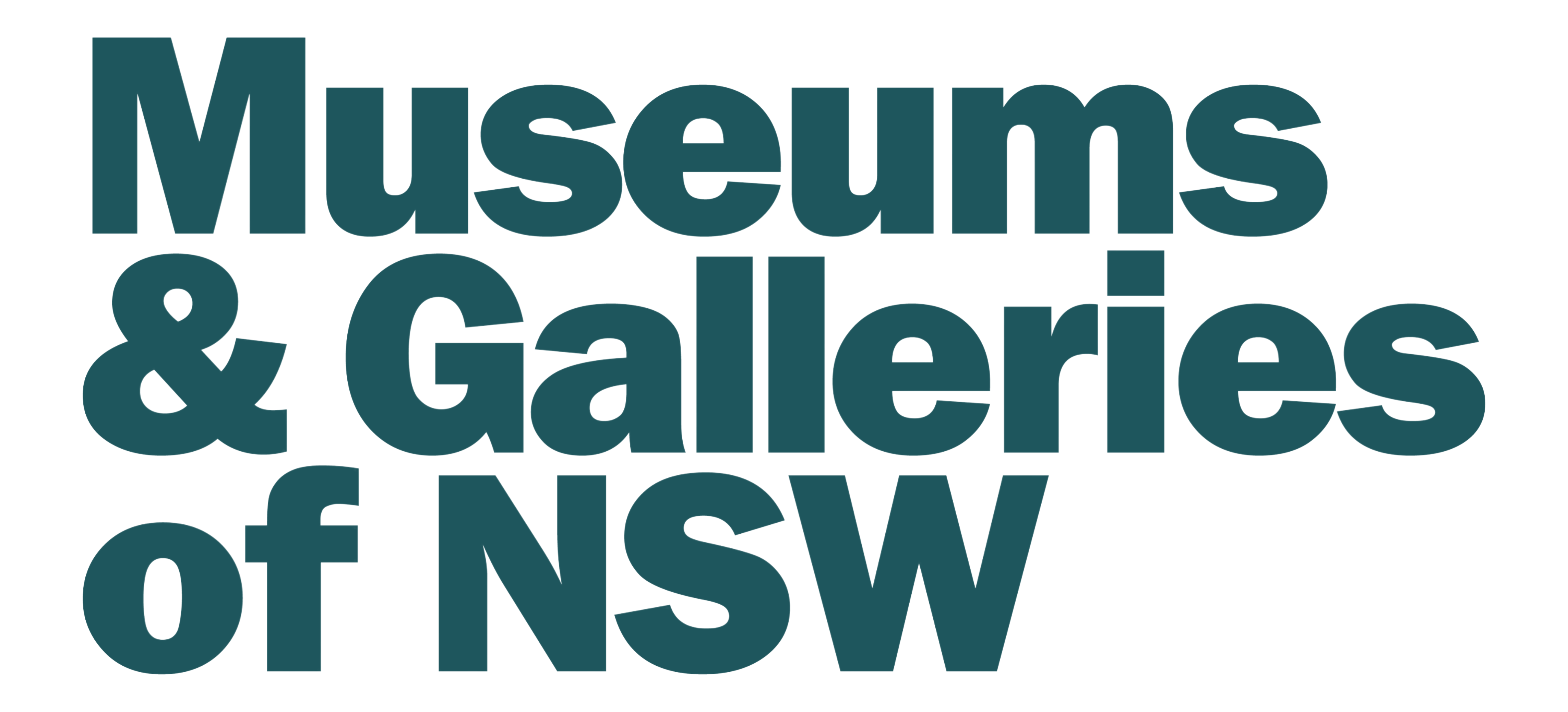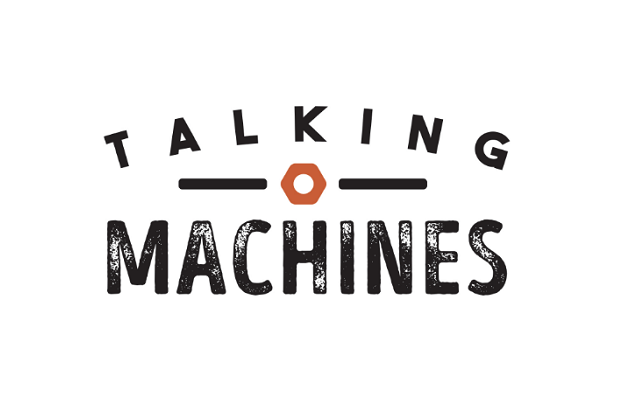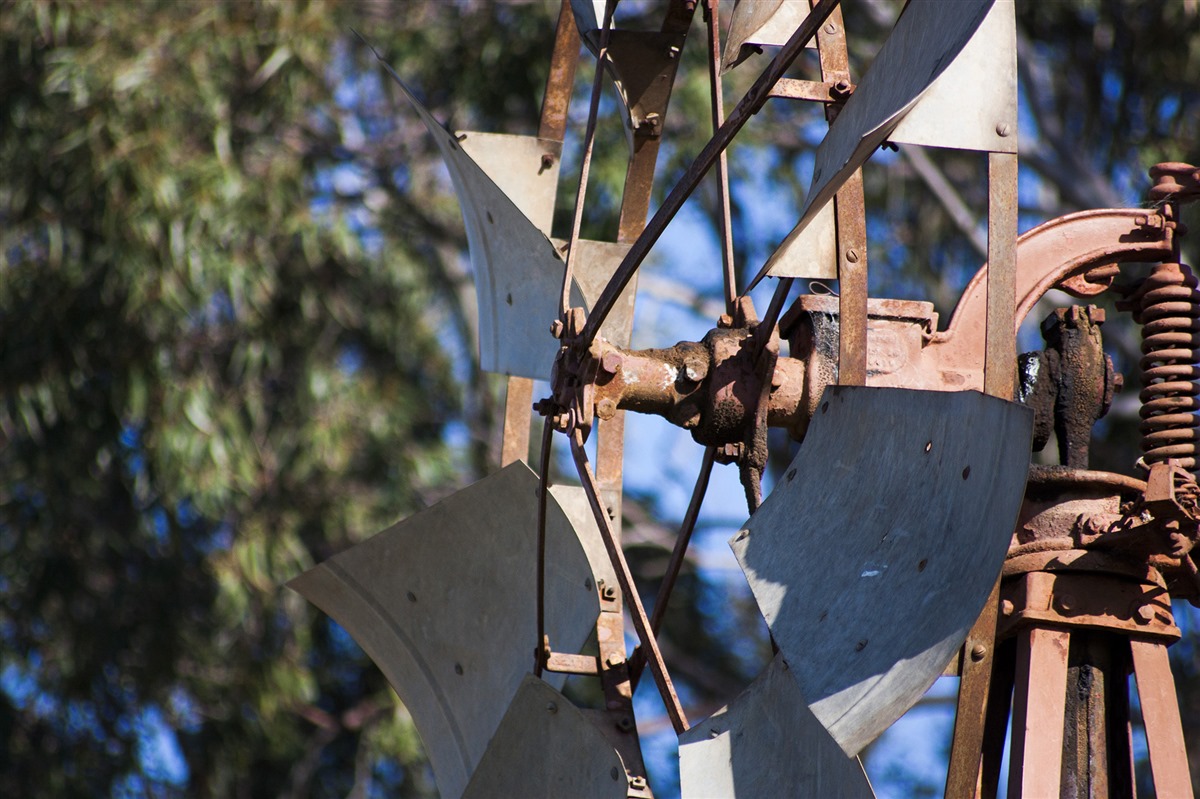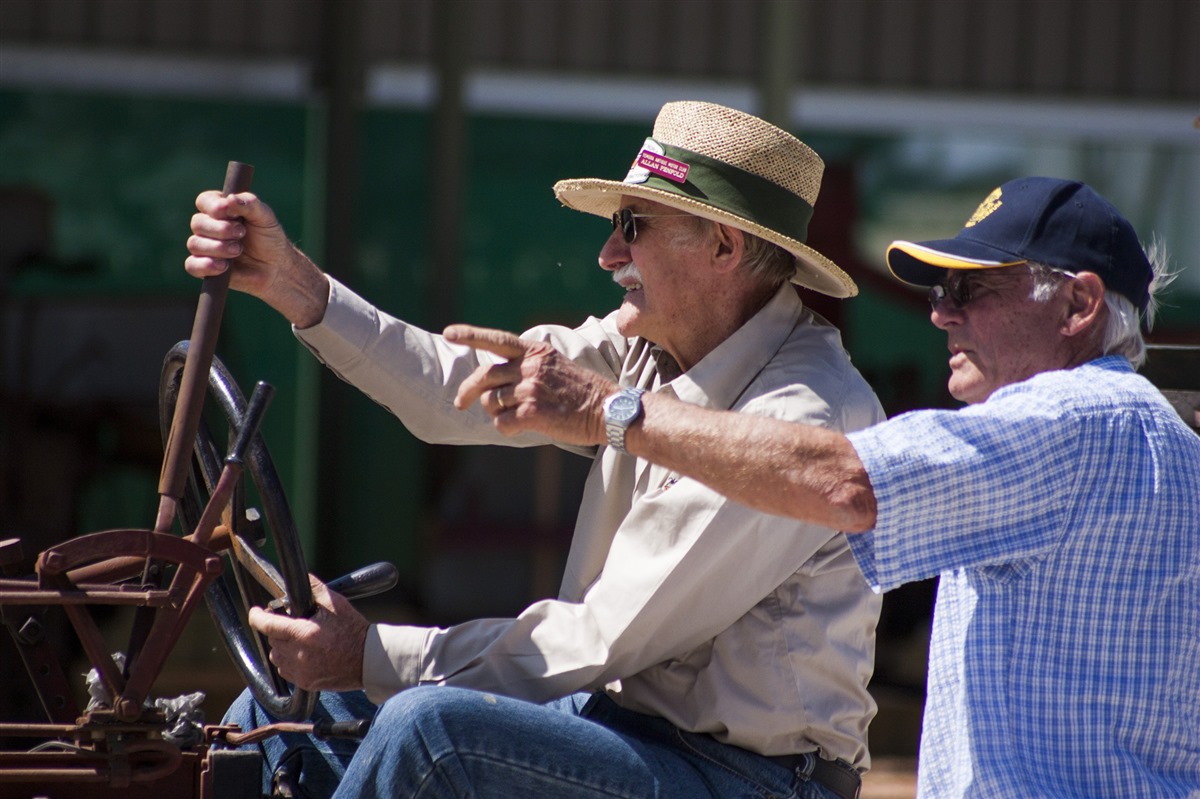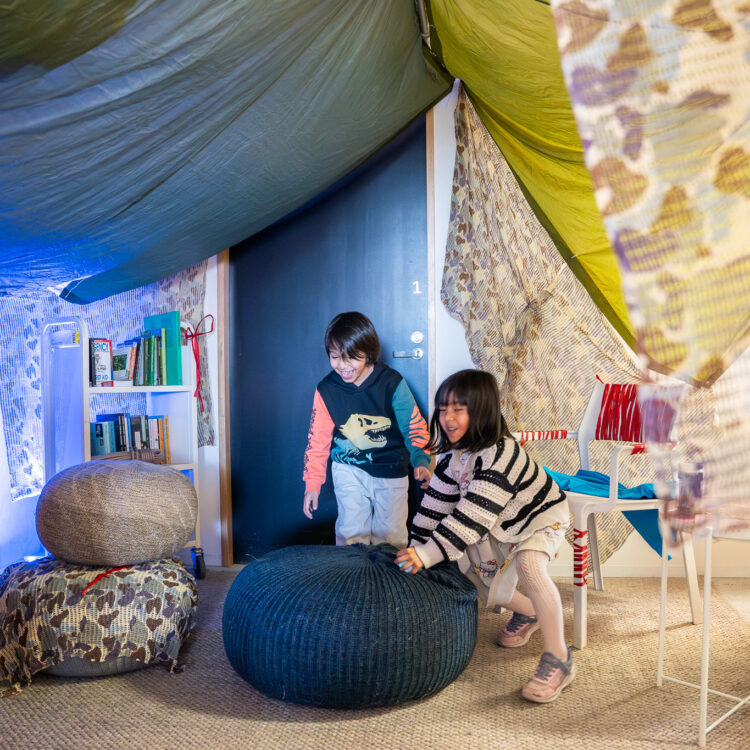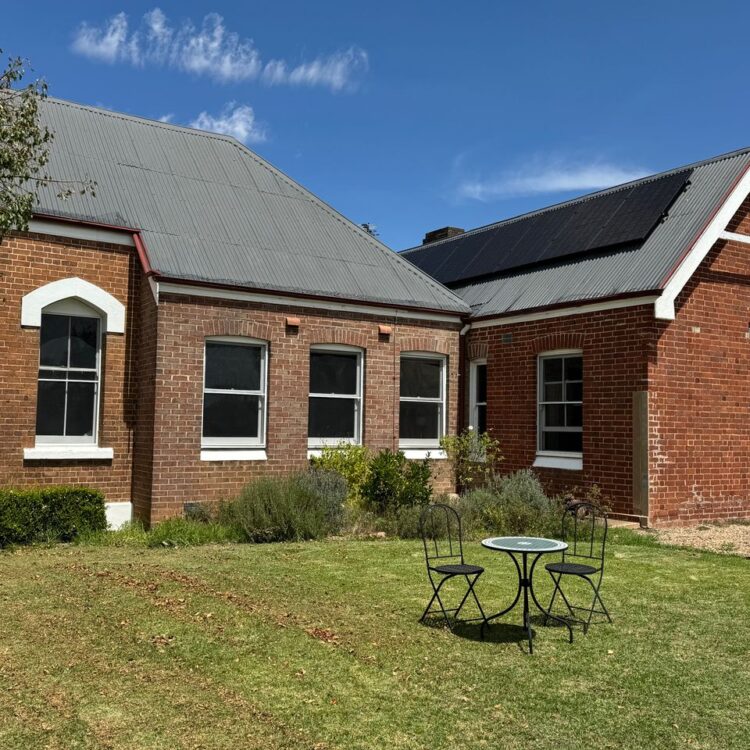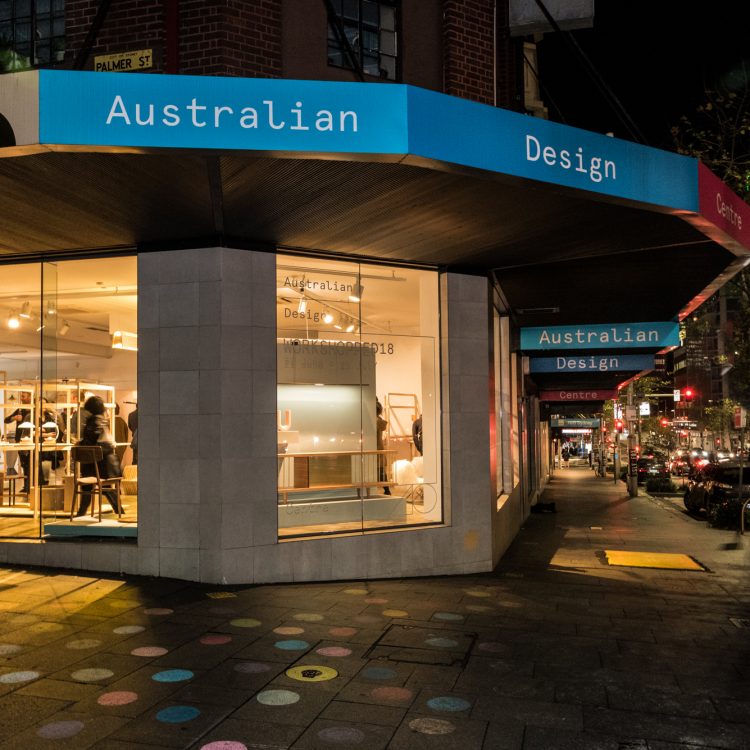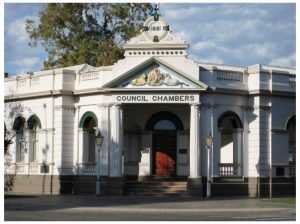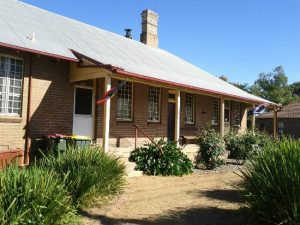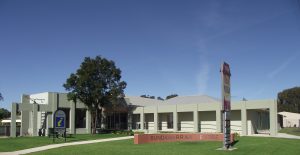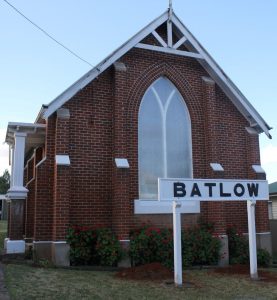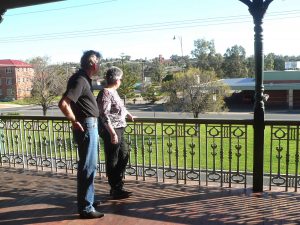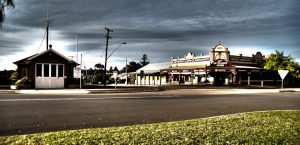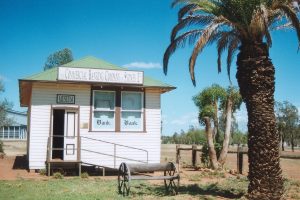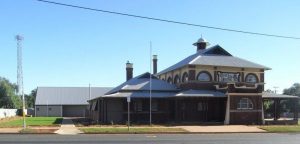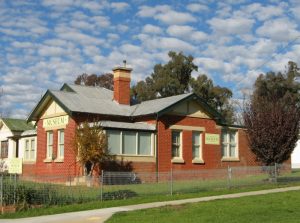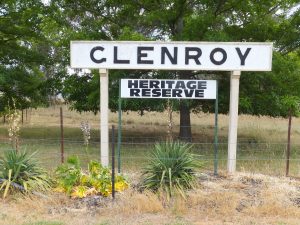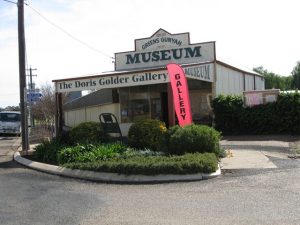Talking Machines reaches across generations to give a voice to dormant farm machinery and capture the story of Australia’s industrial past.
Focusing on dormant farm machinery in 11 museum collections across the Riverina, the stories of generations of men and women who farmed the region were recorded and preserved along with the important role mechanisation played in their lives. Each of the participating Museums contributed their machines and knowledge to the project, which was coordinated by the Museum of the Riverina, in Wagga Wagga.
In the end 43 videos capture the machines that transformed Australia’s agricultural production across the 19th and 20th centuries.
Accompanying the videos are education resources targeted at Year 9/10 (Stage 5) history students. The resources tie in with the Australian National Curriculum, and are a unique look at how the Industrial revolution played out within Australia. Specialist resources have also been prepared to complement the Stage 1 and 2 History and Geography NSW Syllabuses for the Australian Curriculum.
By focusing on this vanishing community heritage Talking Machines has developed a sustainable relationships between communities and rural collections across the participating social history museums, and will ultimately create an important community cultural resource.
Talking Machines is a partnership between The Museum of the Riverina, The Museum of Applied Arts & Sciences, Museums & Galleries of NSW, the Wiradjuri Language & Cultural Heritage Recovery Program (Charles Sturt University), Oral History NSW, award-winning local filmmaker, John Riddell, regional cultural and educational consultants and 11 community museums across Eastern & Western Riverina.
The participating museums are:
Batlow Museum
Cootamundra Heritage Centre
Greens Gunyah in Lockhart
Junee Broadway Museum
Museum of the Riverina, Wagga Wagga
Pioneer Women’s Hut in Tumbarumba
Temora Rural Museum
Tumut Museum
Weethalle Whistle-stop Arts Centre & Museum
Wyalong Museum
The Up-to-Date Store, Coolamon.
Talking Machines was supported by Regional Partnerships Funding from Arts NSW.
